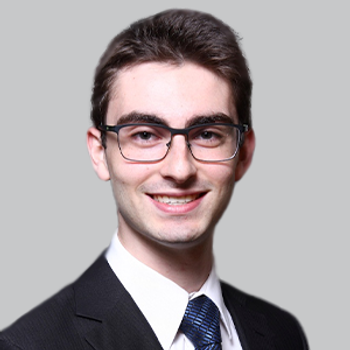
A recent Canadian study reported similar trends in polysomnography and positive airway pressure initiation over a decade between patients with Parkinson disease and matched controls.

Isabella Ciccone, Content Associate, NeurologyLive®, has been with the team since September 2022. Follow her on X @iciccone7 or email her at [email protected]

A recent Canadian study reported similar trends in polysomnography and positive airway pressure initiation over a decade between patients with Parkinson disease and matched controls.
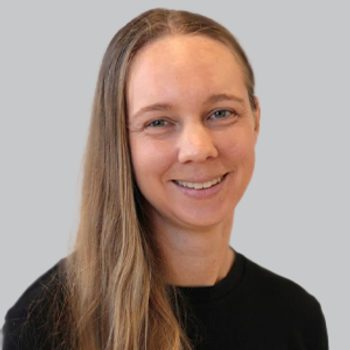
In a recent study, investigators developed multireceptor antagonist peptides that could block CGRP and PACAP, providing proof-of-concept for a potential new approach to targeting pathways involved in migraine.
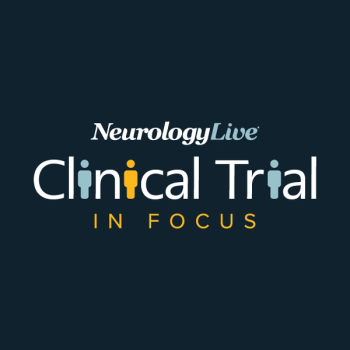
Spanning the United Kingdom, the United States, European Union, and Japan, the global phase 3 EMPEROR study of zorevunersen is expected to have a data readout by the end of 2027.
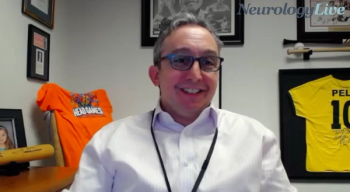
The director of the Norman Fixel Institute for Neurological Diseases at UF Health highlighted the need for equitable, worldwide access to levodopa for patients with Parkinson disease. [WATCH TIME: 6 minutes]

Experts shared their clinical perspectives on trending topics in the treatment and management of movement disorders at the 4th Annual Advanced Therapeutics in Movement and Related Disorders (ATMRD) Congress.

Here's some of what is coming soon to NeurologyLive® this week.
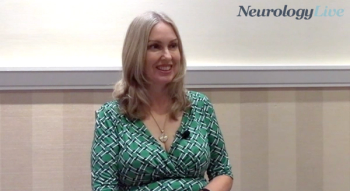
At the 2025 ATMRD Congress, a patient advocate living with Parkinson disease emphasized the importance of amplifying patient voices at educational conferences for movement disorders. [WATCH TIME: 5 minutes]

Take 5 minutes to catch up on NeurologyLive®'s highlights from the week ending August 22, 2025.
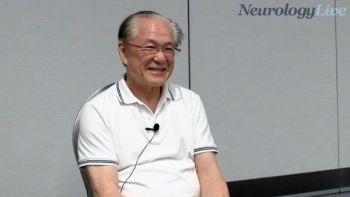
The professor and chair of neuroscience at UT Southwestern Medical Center discussed how circadian clock genes regulate cellular metabolism and potentially influence headache. [WATCH TIME: 6 minutes]
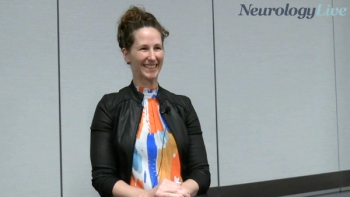
The headache neurologist at the Barrow Neurological Institute talked about an international expert panel that established agreed-upon definitions for refractory and resistant migraine. [WATCH TIME: 4 minutes]

The decision stemmed from the DREAM study, which found that the Genio system was effective regardless of a patient’s sleeping position, which was particularly important considering patients spend on average 35% to 40% of in a supine position.
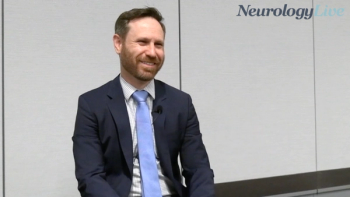
At AHS 2025, the associate clinic director at the UC San Diego talked about the cautious use of cannabinoids in migraine and the importance of standard therapies before cannabinoids. [WATCH TIME: 3 minutes]
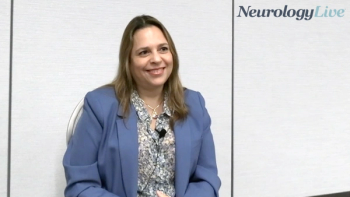
The director of the Brotman Facial Pain Clinic at the University of Maryland talked about emerging preclinical evidence supporting adenosine A3 receptor activation for post-traumatic trigeminal neuropathic pain. [WATCH TIME: 5 minutes]

At AHS 2025, Elizabeth Seng, PhD, professor of neurology at Albert Einstein College of Medicine, presented findings from a study showing that migraine was associated with increased odds of ischemic stroke in veterans.
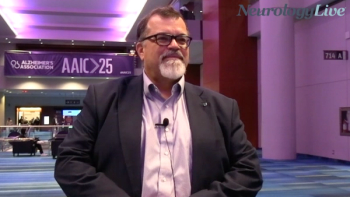
The chief scientific officer at Alzheon talked about a symposium on the role of amyloid-beta oligomers in AD and phase 3 clinical data of valiltramiprosate presented at AAIC 2025. [WATCH TIME: 5 minutes]
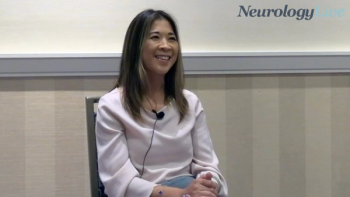
The physician assistant specializing in Parkinson disease talked about how comorbidities and patient preference guide clinical decisions in prescribing on-demand therapies for Parkinson disease. [WATCH TIME: 5 minutes]
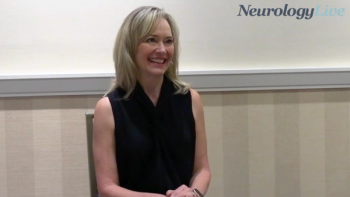
The CEO and cofounder of LSVT Global highlighted the importance of clinicians referring their patients with Parkinson disease early to evidence-based physical therapies, occupational therapies, and speech therapies. [WATCH TIME: 5 minutes]
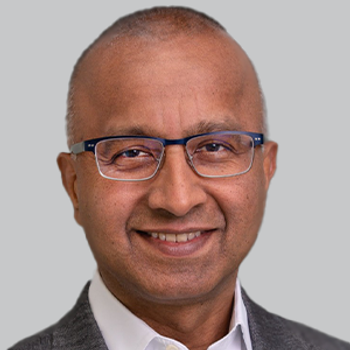
Scholar Rock’s phase 3 SAPPHIRE trial of apitegromab revealed that the treatment led to improved motor function in patients with spinal muscular atrophy over a 52-week period.
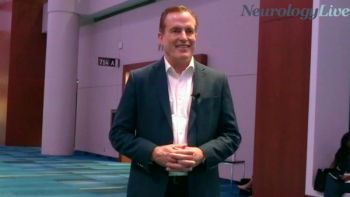
At AAIC 2025, the founder and CEO at Veravas discussed the company’s VeraBIND tau pathology blood test, highlighting its potential to detect Alzheimer disease earlier with high accuracy. [WATCH TIME: 4 minutes]
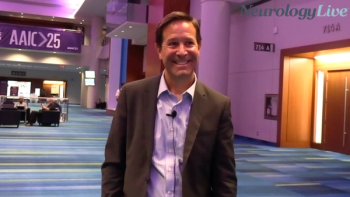
At AAIC 2025, the chief executive officer at ALZpath discussed the growing adoption of the company’s pTau217 antibody blood test for AD research, emphasizing its potential role in early detection. [WATCH TIME: 4 minutes]

Here's some of what is coming soon to NeurologyLive® this week.
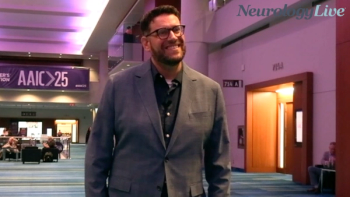
The principal scientist of neuroscience discovery at Merck presented preclinical data at AAIC 2025 supporting the development of MK-2214, an anti-tau antibody designed to slow or prevent the progression of AD. [WATCH TIME: 5 minutes]
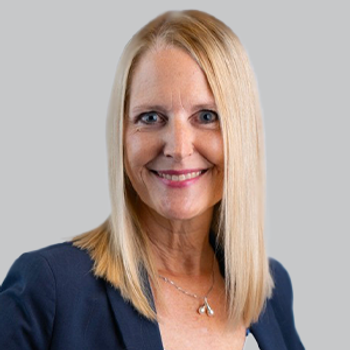
At the 2025 ATMRD Congress, Anissa Mitchell, LCSW, chief program officer at PMD Alliance, discussed immersive, patient-focused sessions aimed at improving clinicians’ empathy, communication, and understanding of Parkinson disease and related disorders.

Take 5 minutes to catch up on NeurologyLive®'s highlights from the week ending August 15, 2025.
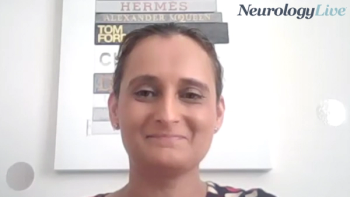
The medical director of CNS clinical cevelopment at AskBio discussed long-term data presented at ATMRD from the company’s phase 1b trial assessing the investigational gene therapy AB-1005 in Parkinson disease. [WATCH TIME: 6 minutes]
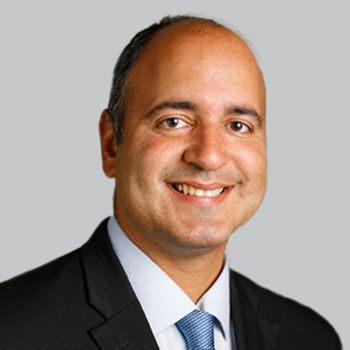
At AAIC 2025, Alberto Ramos, MD, FAAN, director of the sleep disorders program at the University of Miami, discussed the association between long sleep duration, specific sleep phenotypes, and progressive cognitive decline in Hispanic populations.
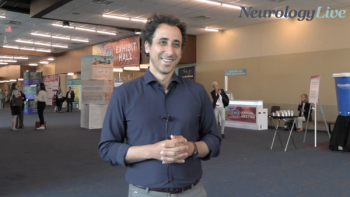
At CMSC 2025, assistant professor of neurology at the University of California, San Francisco discussed progress on the integration of biomarkers into clinical practice for multiple sclerosis. [WATCH TIME: 4 minutes]
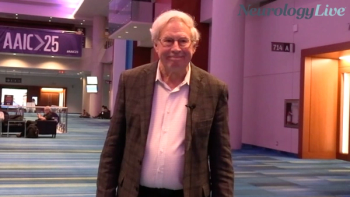
The chief medical officer at Acumen Pharmaceuticals discussed the benefits of using the blood-based p-tau 217 biomarker to improve screening accuracy and reduce patient burden in AD. [WATCH TIME: 5 minutes]

The cofounder and chief science officer of the Alzheimer's Drug Discovery Foundation recapped some of the notable recent developments in the Alzheimer disease field presented at the 2025 Alzheimer’s Association International Conference.
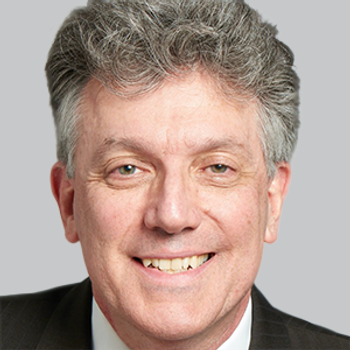
Sam Gandy, MD, PhD, director of the Center for Cognitive Health at the Icahn School of Medicine at Mount Sinai, discussed his presentation on detecting toxic amyloid-β oligomers and their role in AD pathology at AAIC 2025.